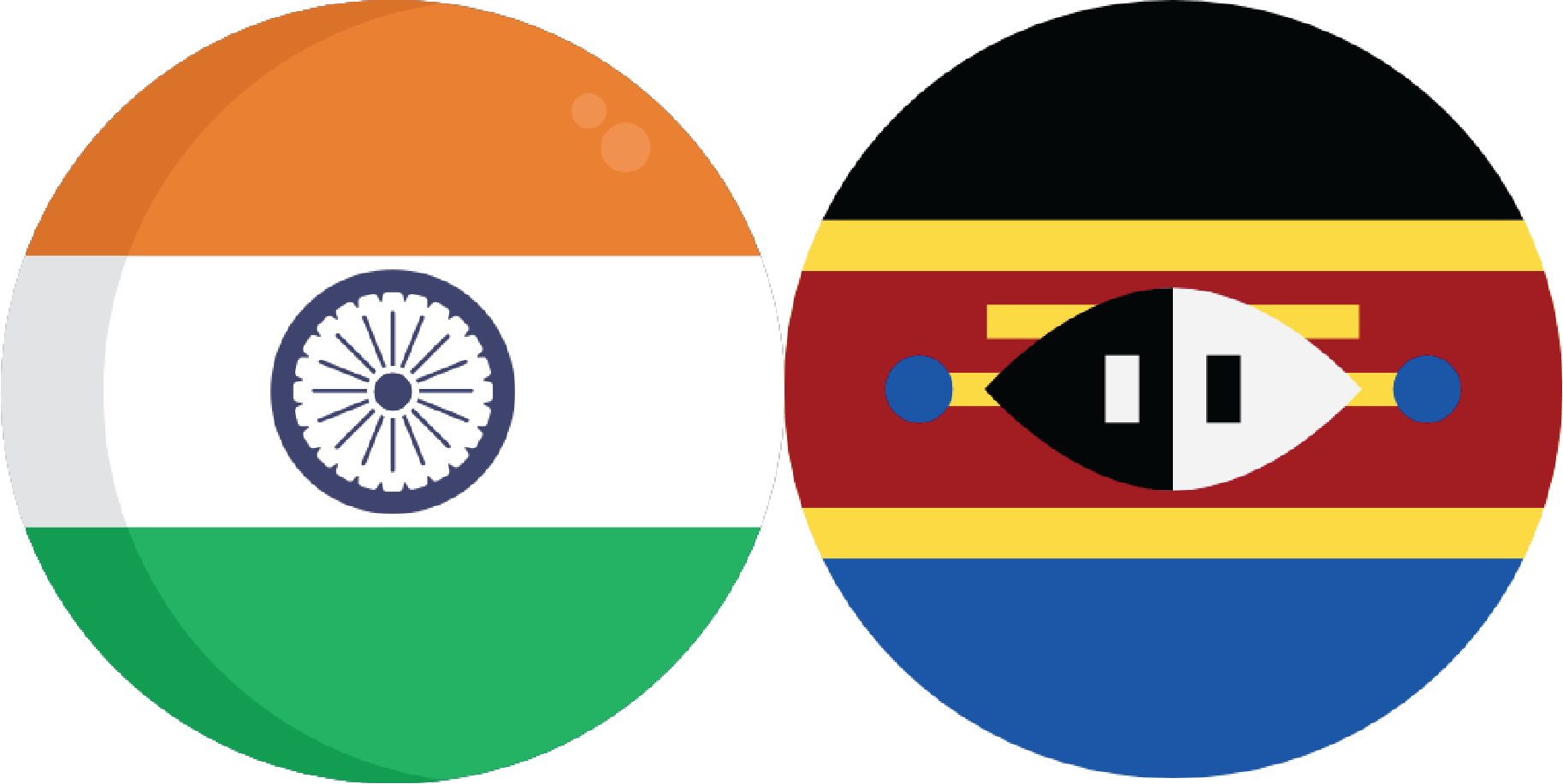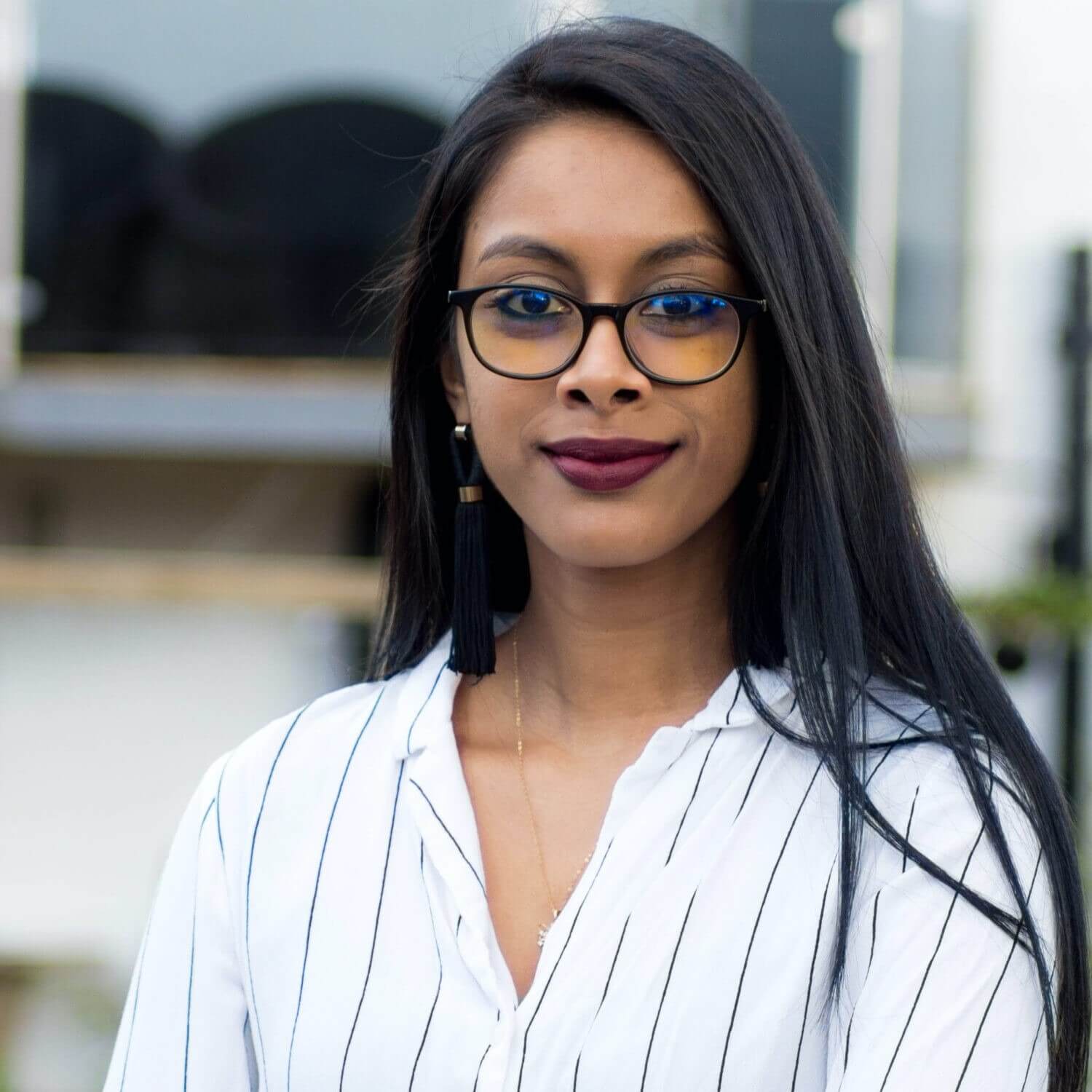What is your educational background?
Bachelor of Science (Biochemistry) – University of Pretoria
Bachelor of Science Honours (Chemistry) – University of Pretoria
Master of Science (*with distinction) – University of Johannesburg
Doctor of Philosophy (Chemistry) – University of Kent * Currently underway
What is your current occupation?
I am a PhD candidate at the University of Kent. I also work as a Graduate teaching assistant which means that I assist with the laboratory practicals for undergraduate students.
What or who got you into STEM?
As a young girl I was always interested in puzzles and would often spend many hours during my holidays working on different puzzles comprised of a variety of diverse themes and colours. These beloved puzzles are now adorned all over the walls of my parental home in Manzini, eSwatini (formerly Swaziland). Initially, I thought my love for puzzles was solely because I just liked pretty pictures and enjoyed spending my days crouched over our dinner table, trying to match different patterns together. But as I grew older, and as my exposure to the world that we live in increased, I gradually realised that science was the ultimate puzzle, with each discipline ultimately coming together to produce a truly beautiful, breath taking, interdependent landscape.
My choice to pursue Biochemistry during my undergraduate studies and later progress to Chemistry satisfied the desires of my academic self. Chemistry contained puzzles that inspired and intrigued me the most. In particular, my honours research project conducted under the supervision of Dr Shankara Radhakrishnan, revealed not only the possibility of having an affluent female supervisor of colour, but also the endless possibilities that exist within the realm of renewable energy. Thus, my love for renewable energy and environmental sustainability was born.
The road to academic success is often long and can be dreary unless fuelled by passion. I believe that as a scientist, I have a responsibility to make a change. I want to be a scientist conducting research which will directly benefit and improve the quality of the lives of those around me. Which is why I consider my time spent working at the Council for Scientific and Industrial Research (CSIR) as a pivotal point in my academic journey – placing me at the forefront of cutting-edge research whilst opening my eyes to the reality of the disjoint between research/academia and the consumers that it supposedly serves.
What is the biggest challenge/barrier you have faced as an African in STEM?
The lack of funding was definitely a major hurdle in my pursuit of science. I was privileged to receive several scholarships and bursaries throughout my entire academic career. However, the money received was barely ever enough to live comfortably and I often found myself wondering whether I had made the right choice simply due to the lack of funds.
A recent barrier I have faced after entering the academic world in the UK is the lack of representation. I am currently the only female, African international student of colour in my entire department. The lack of representation often makes me feel isolated and I have had to deal with imposter syndrome to quite a large extent.
How do you think your background/upbringing has been beneficial in your journey/career?
Many important values have been conferred on me by my loving parents, from a very young age. Leadership, service, academic excellence and above all else, honesty and integrity. I believe that by possessing these qualities and with the right support, I have been able to achieve my goals, and lead a fulfilling life, whilst seeking to empower and assist those I have encountered. In hindsight, I believe that it was my father’s trailblazing decision to move our family from South Africa to the small kingdom of eSwatini that not only afforded me with numerous opportunities to engage with people from diverse backgrounds but has ultimately moulded my outlook of the world.
With the support of my parents, I have been fortunate enough to pursue this academic career and venture to explore other aspects of my personality which resulted in very diverse outcomes. I found myself being a 1st runner up in the Miss Earth South Africa (2017) leadership program and merely a year later I bore a new hat as an English teacher in Shanghai, China. Without this support I would have never been able to reach for my wildest dreams and pursue the roads less taken. As a result, I believe that I can be more than just a scientist, I am able to have a well-rounded view of everything.
.
How do you think we can start to change the narrative surrounding African contributions
to global STEM research & careers?
The first thing that needs to change is the mindset that we, as Africans, have towards our own science. We often think that our research cannot compare to other developed nations due to setbacks such as lack of equipment and/or high-tech expertise. However, the reality is that research done by African researchers is more beneficial to a greater portion of the global population as most countries are still developing. Our research is usually targeted at solving problems faced within developing countries, hence, we can directly impact other developing nations by simply sharing our research and collaborating.
Secondly, we need to be afforded more funding and this can only be done by engaging with stakeholders and private sector. There is a massive disjoint between the science done and the very consumers that the research is designed for. Therefore, we need to continually engage with the necessary people to advocate for more funding for STEM.
Thirdly, I would say visibility. We cannot expect the world to recognize African researchers if we do not recognize them our self. This means that we must create platforms and places wherein African researchers can thrive and be commended for their accomplishments, whilst becoming more visible in the world.
What advice would you like to give to young, aspiring Africans in STEM?
African child your voice is valid!!! You are your forefathers/mothers wildest dream, and you are most certainly deserving of all the accolades and more.
I appeal to every African coming through to “reach back” and help at least one other African to make it in this crazy world where so few people at the top of the ladder look like us.
Just because you started the race a little later than others doesn’t mean that you cannot finish strong.
Do you have any project you’re working on that you would like us to highlight?
I have a Medium page where I have written a few posts ranging from my experience here in the UK to my ongoing battle with Endometriosis: https://missorielia.medium.com/






